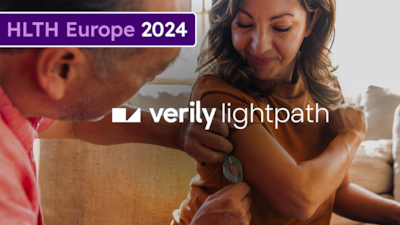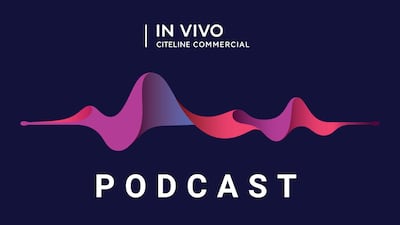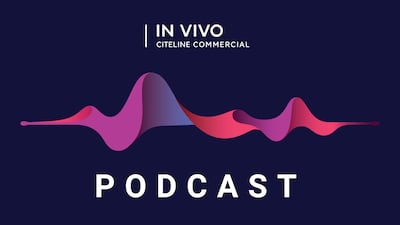Personalized Medicine
In an interview with Medtech Insight, Matt Bettonville, investor at cancer-focused venture firm Yosemite, discussed its criteria for evaluating potential investments in oncology and his outlook on the future oncology landscape.
The draft guidance addresses specific requirements for oligonucleotide-based medicines that are not answered in existing guidance documents, and has been two years in the making.
Chimeric antigen receptor T-cell (CAR-T) therapies have revolutionized the treatment of blood cancer, but scalability remains a major challenge. Experts explain how technologies such as chip-based miniaturized models and automation could be part of the solution.
Two new pieces of guidance, from the EMA and the HTA coordination group respectively, should help companies understand which drugs must undergo an EU-wide joint clinical assessment and how to notify the relevant authorities about them.
Andrew Trister, Verily’s chief medical and scientific officer, discusses Verily’s newly launched Lightpath Metabolic solution, featuring GLP-1 prescription, AI and strengthened clinical support. Plus, the Google health tech spinout's plans for the Study Watch, the Alzheimer’s research landscape, and AI development and regulation in a new era of uncertainty.
Andrew Trister, Verily’s chief medical and scientific officer, spoke with Medtech Insight at the HLTH Europe conference about Verily’s newly launched Lightpath Metabolic solution, featuring GLP-1 prescription, AI and strengthened clinical support. Trister also talked about plans for the Study Watch and offered views on the Alzheimer’s research landscape and AI development and regulation in a new era of uncertainty.
New regulation on substances of human origin (SoHO) will help improve Europe’s “strategic autonomy” and improve access to such substances, say industry representative.
Astellas Pharma’s chief commercial officer discusses the biopharma industry’s responsibility to drive change in health care.
An investigator, an investor and an inventor walk into the New York Stock Exchange, and it’s no joke. Women’s health is a fruitful investment with a clear path to financial return.
England’s chief scientific officer explains how the NHS Genomic Medicine Service has led to faster access to targeted cancer drugs and outlines the organization’s ongoing work in pharmacogenomics, liquid biopsies and personalized RNA vaccines.
Twin Health extends its whole-body digital twin AI platform to help people who are overweight or obese achieve a healthy weight without the use of medications.
In this episode of the In Vivo podcast, Hakim Yadi, CEO and co-founder of UK techbio Closed Loop Medicine, discusses how the company is pairing software and predictive analytics with medications old and new to tailor drug dosing.
Virtual care leaders at Providence and Sanford Health shared successes and challenges in implementing remote monitoring and telehealth programs during a panel discussion at the recent Reuters Digital Health conference in San Diego.
Swiss-based start-up DeepPsy aims to streamline mental health care using EEG and ECG biomarkers to better match depression patients with treatments. Co-founder Mateo de Bardeci discusses the company’s vision as it launches its in-house medical device as a service in Switzerland.
Motif’s “pea-sized” Digitally programmable Over-brain Therapeutic (DOT) requires 20 minutes to implant and can be activated at home with a wearable to “lift the fog” for people with depression. Motif CEO Jacob Robinson believes data captured by brain-computer interfaces and continuous monitoring will eventually be able to identify key biomarkers that enable psychiatrists to head off mental health crises.
BioNTech and the UK government's alliance to bring personalized cancer immunotherapy to patients is making progress, but the National Health Service has to show it can deliver on clinical trials recruitment.
The US FDA has cleared a glucose monitoring system from Senseonics. The authorization of the implantable insulin delivery system creates a new pathway for like devices.
A study of diabetes rates across the US over four years reveals significant increases in the disease in many states. Tobias Oerum, diabetes advocate and cofounder of the company that conducted the study, discussed the data and some of the factors contributing to this troubling trend with Medtech Insight.
A new center for personalized medicine in Estonia will see PacBio’s long-read whole genome sequencing technology used to unlock new information about how genetics impact patients’ drug responses, experts from the project tell the Pink Sheet.
The Inaugural AACR Oncology Industry Partnering Event gave pharma firms an opportunity to tell potential cancer drug collaborators what they need from external sources.
ADVERTISEMENT



















